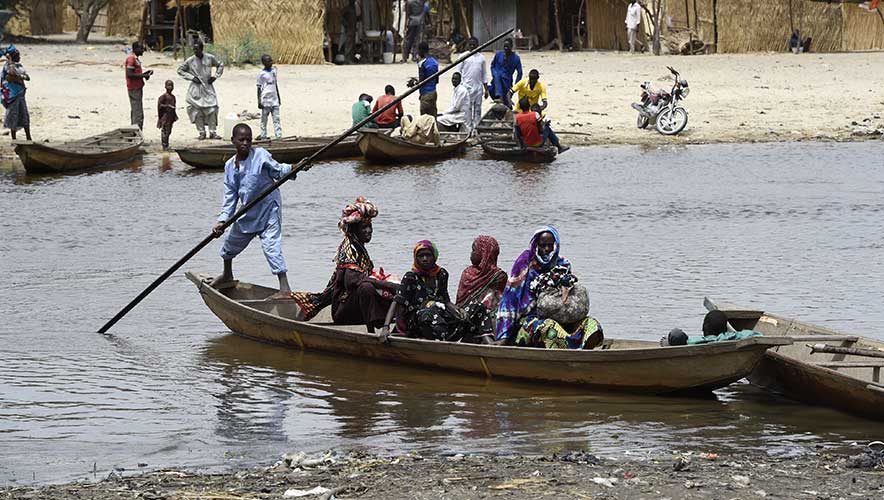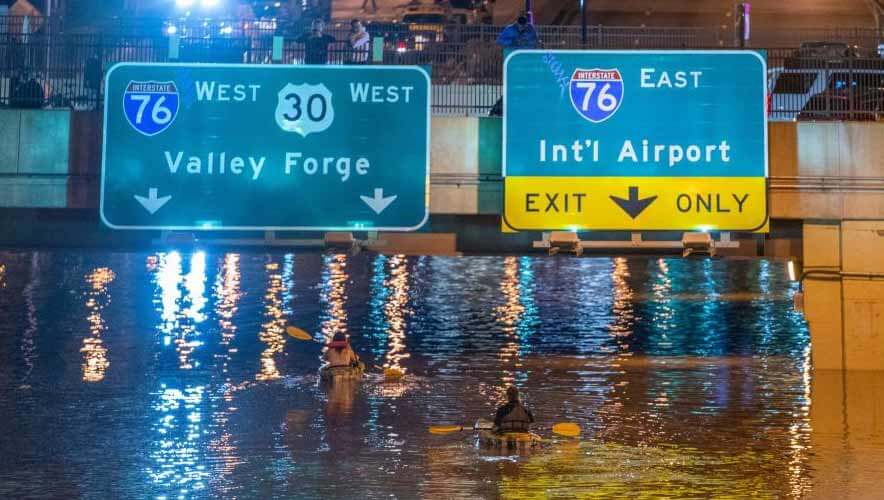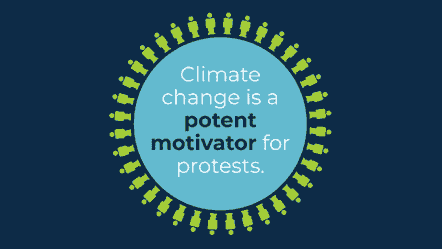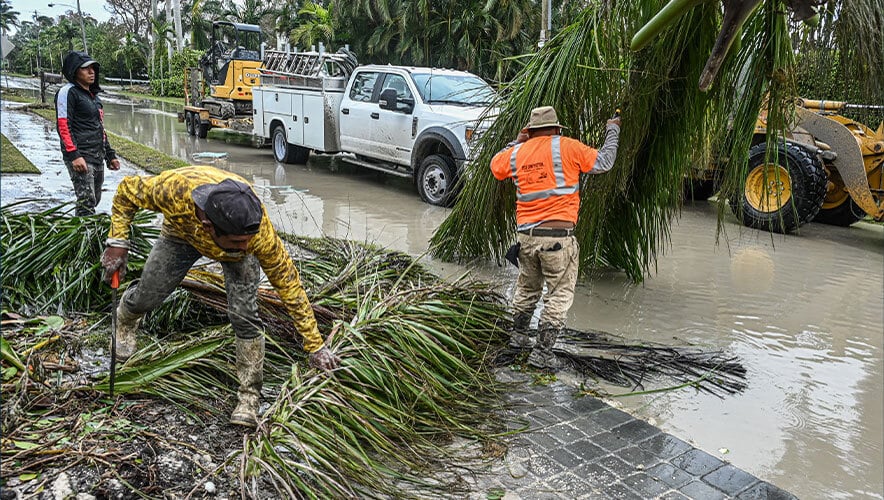A Catastrophic Correlation: How Climate Change Influenced Terrorism Around Lake Chad
Climate change has been a major driver of instability and violence in the Lake Chad region in Central Africa, where millions of people are suffering from food insecurity, displacement, and human rights violations.
According to the UN Secretary-General António Guterres, climate change is an “aggravating factor for terrorism” as it creates conditions of poverty, desperation and resentment that make people more vulnerable to recruitment by armed groups. One of these groups is Boko Haram, which has been terrorizing communities around Lake Chad since 2009, exploiting water shortages, resource conflicts, and weak governance.
A study by the U.S. Marine Corps University found a positive correlation between the changing physical environment of Lake Chad and the intensity of violent extremist activities in the surrounding area during the past decade. Therefore, climate change has led to conditions that increased terrorist activity in the Lake Chad area by creating social, economic, and political grievances that fuel conflict and extremism.
The Chad Basin has been the subject of numerous contemporary studies regarding the relationship between climate change and terrorism. Given the extent to which it has been studied, it serves as a prime case study for security professionals to learn from.
Geographic Orientation
The Chad Basin is a vast region in Central Africa, encompassing parts of Nigeria, Niger, Chad, Cameroon, and the Central African Republic. It is home to Lake Chad, which has historically been a critical source of water and livelihood for millions of people in the region.
How Has Climate Change Affected the Chad Basin?
Climate change has had a profound impact on the Chad Basin, particularly on Lake Chad, which has shrunk by more than 90 percent since the 1960s. This dramatic reduction in size is primarily due to increased evaporation rates and reduced rainfall. The shrinking of Lake Chad has led to a decline in fish stocks, reduced agricultural productivity, and increased competition for scarce water resources.
What Impact Has Boko Haram Caused?
According to the UN Development Programme (UNDP), Boko Haram has had a severe and multifaceted impact on the Chad Basin. It has caused massive displacement of people, with more than 2.7 million internally displaced people and refugees in the region. Boko Haram has also undermined human security and worsened existing vulnerabilities, including poverty, food insecurity, malnutrition, environmental degradation, and gender-based violence.
Additionally, Boko Haram has destabilized state institutions, eroded social cohesion and trust among communities and authorities, and disrupted economic activities such as trade, agriculture, fishing, and cross-border commerce.
What is the Connection Between Climate Change and Boko Haram in the Chad Basin?
Climate change has led to increased poverty, food insecurity, and competition for scarce resources, creating a breeding ground for social unrest and conflict. Boko Haram exploits these vulnerabilities by recruiting disenfranchised individuals who are struggling to survive in the face of climate-induced hardships. The group offers financial incentives and a sense of belonging, making their extremist ideology more appealing to those with limited options. Furthermore, the instability caused by climate change weakens local governance and security structures, allowing Boko Haram to expand its influence and control.
What is the Impact on Foreign Organizations?
Boko Haram has forced many foreign companies to suspend or scale back their operations in the region, resulting in job losses and reduced economic growth. Some foreign companies have also been targeted directly by Boko Haram, with their facilities and personnel coming under attack. Examples include:
- In 2014, Boko Haram kidnapped 10 Chinese workers from a construction site in northern Cameroon. The rebels also took 10 vehicles belonging to a Chinese construction company.
- In 2016, Boko Haram attacked a convoy of vehicles belonging to a Nigerian oil exploration team that included staff from the state oil firm NNPC, the University of Maiduguri, and a Chinese company. More than 50 people were killed in the ambush.
- In 2020, Boko Haram targeted and killed French NGO workers in Niger.
To learn more about the nexus between climate and security in the Chad Basin, consider these articles and studies:
- “Dying for a Drink,” by Marcus D. King, American Scientist
- “Climate Change and Fragility in the Lake Chad Basin,” by Osei Baffour Frimpong, Africa Up Close, The Wilson Center
- “Lake Chad: Changing Hydrography, Violent Extremism, and Climate-Conflict Intersection,” by Thomas E. Griffin, Marine Corps University Press
Hans Fah has been a crisis and security practitioner in the energy and resources sector for more than 20 years and has worked across the globe. He is currently a regional business resilience director with a multinational public company.












